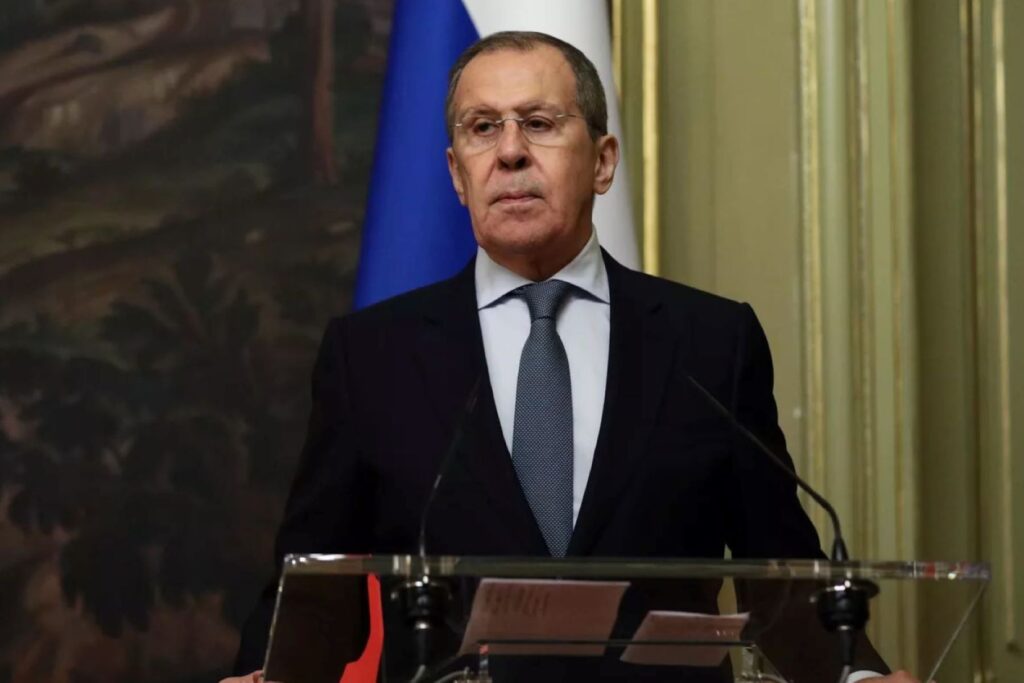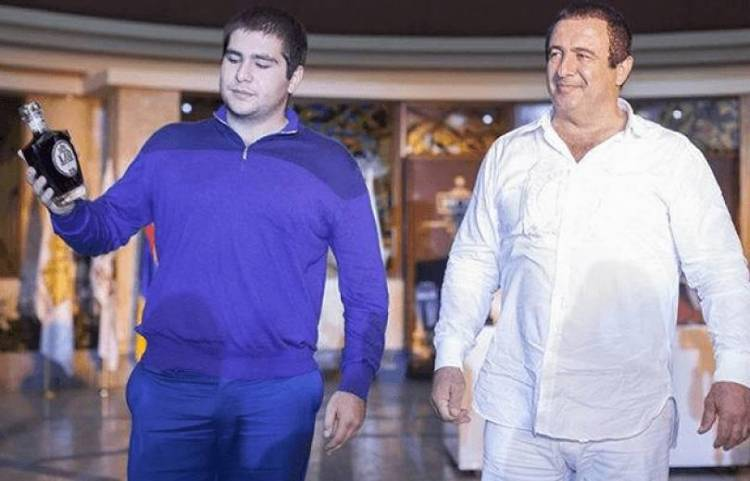Russian Foreign Minister Sergei Lavrov has said that Russia is ready to help Georgia ‘normalise relations’ with Abkhazia and South Ossetia, a statement that was met with positivity by the ruling Georgian Dream party.
In response to a reporter’s question about Georgian relations with Abkhazia and South Ossetia during a press conference at the UN General Assembly on Saturday, Lavrov said that ‘if there is an interest in the normalisation of these relations, in order to ensure non-aggression agreements […] we will be ready to help if the sides are interested’.
‘It is obvious that the current Georgian leadership simply honestly evaluates the past. They also said that “we want historical reconciliation” ’, Lavrov said. ‘And in what form this reconciliation can happen — it’s up to the countries themselves: both Abkhazia and South Ossetia. They are neighbours with Georgia, so some contacts are inevitable there’.
Lavrov was referring to Georgian Dream founder Bidzina Ivanishvili’s campaign promise to ‘apologise’ to South Ossetians for the actions of the previous government during the 2008 August War.
[Read more: Anger in Georgia after Ivanishvili vows to apologise to South Ossetians for 2008 War]
On 14 September, Ivanishvili stated that ‘immediately after the [parliamentary] elections on 26 October, when the instigators of the war will be tried, when all the perpetrators of the destruction of the Georgian–Ossetian brotherhood and coexistence will receive the strictest legal answer, we will definitely find the strength in ourselves to apologise for the fact that, by the task, the traitor [opposition United] National Movement in 2008, consigned our Ossetian sisters and brothers to the flames’.
The following day, Tbilisi Mayor and General Secretary of the ruling Georgian Dream party, Kakha Kaladze, said the Georgian government ‘positively evaluat[ed]’ Lavrov’s statement.
He noted, however, that it would ‘be good to start developing an action plan’ to withdraw Russian troops from Abkhazia and South Ossetia.
‘The authorities, the government of Georgia will do everything in order to reconcile with our Ossetian sisters and brothers. Only through peace and mutual forgiveness can we restore territorial integrity and live together’, Kaladze said.
On Sunday, Abkhazia’s Foreign Ministry responded to both Lavrov’s and Kaladze’s statements, telling Georgia that it should first normalise relations with Russia.
‘Therefore, instead of speculating on false stereotypes about the “territorial integrity of Georgia” and other mythical terms during the [Georgian parliamentary] election campaign, Georgian politicians should start by establishing diplomatic relations with Russia’, the statement read.
Georgia cut diplomatic ties with Russia following the 2008 war, in response to Russia’s recognition of Abkhazia and South Ossetia as independent states.
On the same day, the head of the South Ossetian Foreign Ministry, Akhsar Dzhioev, stated that ‘Russia’s position with regard to South Ossetia has remained unchanged since August 2008’.
Georgian opposition members were quick to criticise Lavrov’s statement and Georgian Dream’s response to it.
‘Russia and the Georgian Dream are trying to make the separatist regimes, not Russia, a party to the conflict’, the United National Movement’s election campaign spokesperson, Levan Sanikidze, said.
For ease of reading, we choose not to use qualifiers such as ‘de facto’, ‘unrecognised’, or ‘partially recognised’ when discussing institutions or political positions within Abkhazia, Nagorno-Karabakh, and South Ossetia. This does not imply a position on their status.




 30 September 2024
30 September 2024



